First recorded as an Italian proverb in 1603, this aphorism has been discussed by many thinkers including Voltaire and Shakespeare. There is general agreement that the meaning of the proverb is that always striving for something better keeps us from appreciating the good we already have. However, there is ambiguity in the statement. Is the better the enemy of the good? Or can the good also be the enemy of the better?
Which one is the real enemy?
What does this proverb mean to you personally? Does it mean that your insistence on perfection keeps you from creating anything good? Or does it mean that if you settle for “good”, you will never improve?
As someone with perfectionist tendencies, I see the value in the intended meaning. However, depending on YOUR natural tendencies, the opposite meaning could be equally valuable and equally transformative for you.
- Are you a perfectionist who is so demanding of yourself that you keep yourself from doing things you want to do because you think you won’t be able to live up to your own impossible standards?
- Or are you a dabbler who happily but mindlessly goes through the motions without being fully engaged, and thus never really gets to the heart of the matter?
- Or are you a perfectionist who has convinced herself that she is actually a dabbler? Why would you do that? So that you can continue to feed your need for perfection, because for a dabbler, a bit of perfectionism must be good, right?
Make your practice smarter than your habits
What is your prevailing tendency? And here is the real question: What happens when you let go of your prevailing tendency and work with the opposite one for a while?
- If you are a dabbler, make this your new mantra: “If something is worth doing, it’s worth doing it right.”
- But if you are a perfectionist, try this one: “If something is worth doing, it’s worth doing, even if you think you are doing it poorly!”
You may ask, “what does this have to do with yoga?” I often meet people, who, when they learn that I teach yoga, say something like “yoga sounds great, but I could never do it. I am way too inflexible.” Clearly these people are stuck in the mindset of “if I can’t do it well, why bother?” The irony of course is that the people who think they can’t “do” yoga are the ones who can potentially benefit the most from it.
Let’s make it personal
If you are reading this, you are probably not one of these people. However, you may want to ask yourself instead whether you are striving too much in your practice. Do you tend to be impatient with your progress? Do you loathe poses you haven’t “mastered” yet? Do you compare how you look in certain poses to how someone else looks in them, and find yourself wanting?
Or are you the student who is happily doing the collapsed Downward Dog you have been doing for years? The version that pinches your shoulders and gradually damages your rotator cuffs? Do you not notice the pinching because your mind is elsewhere? Are you oblivious to your teacher’s instructions to try the pose a different way? Does challenging yourself to move from (perhaps not quite) good enough to better seem too much of an effort?
To get the most out of this proverb, figure out what it means for YOU. Then embrace the meaning that runs counter to your natural tendency. Do this at least every once in a while. See if it takes you out of a stuck place and presents you with an opportunity for growth.
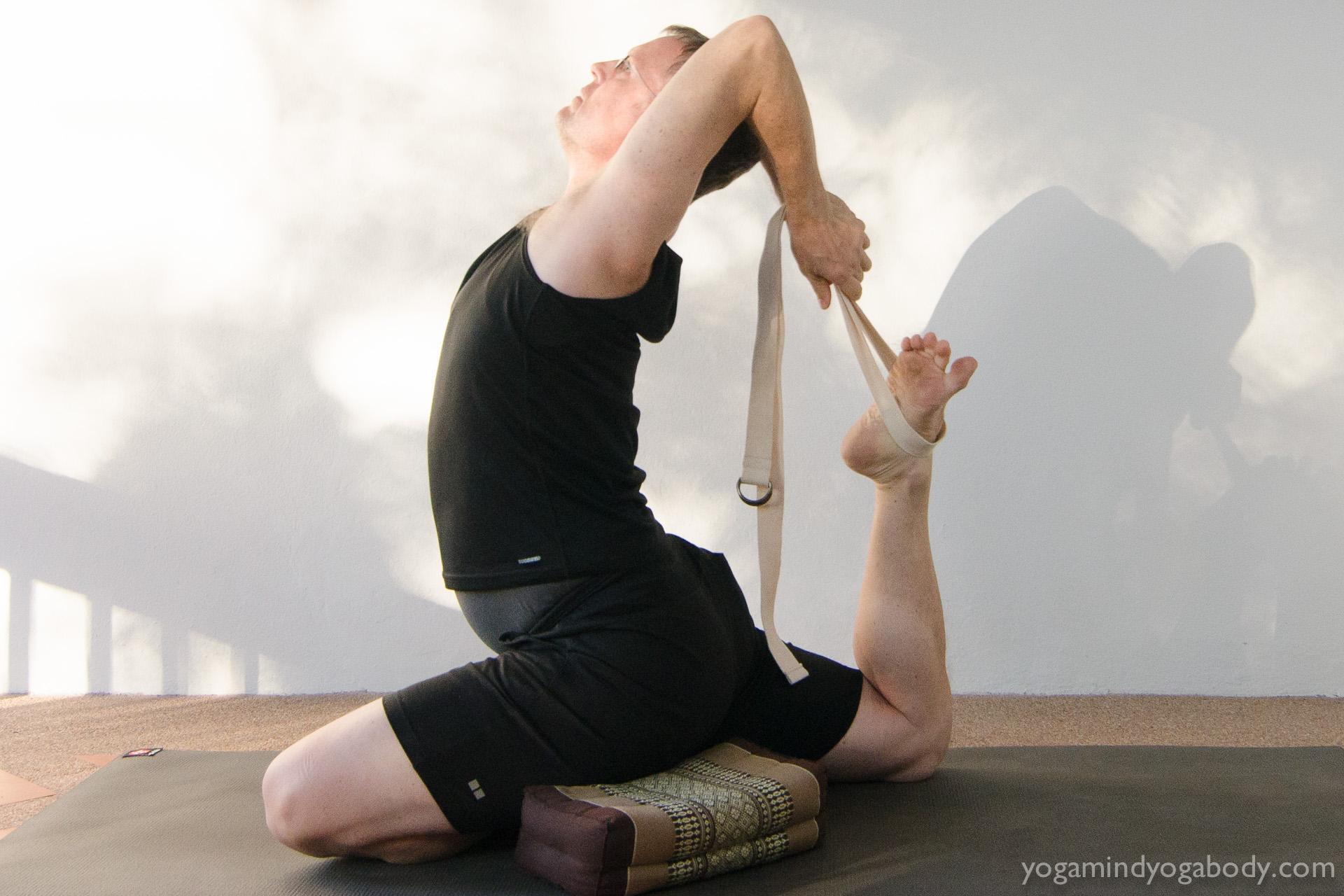
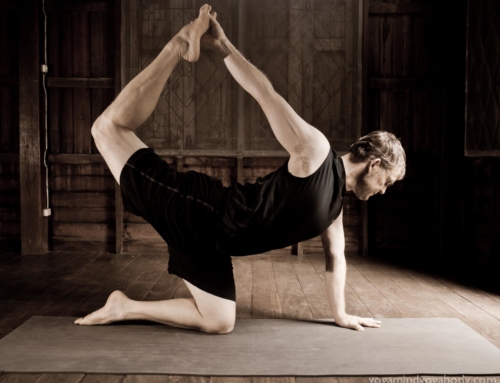
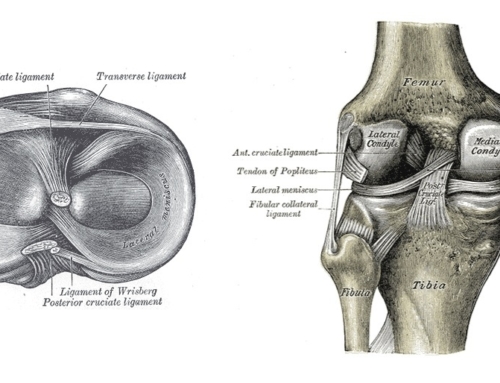
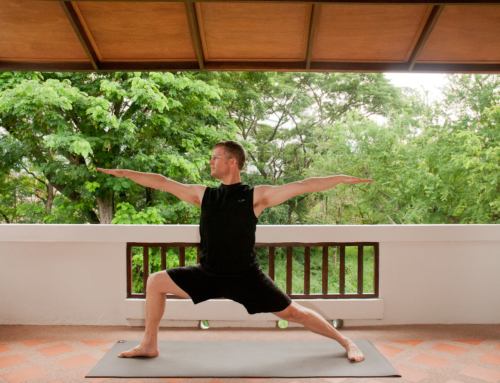
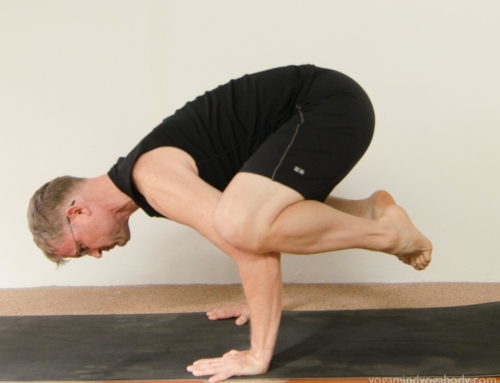
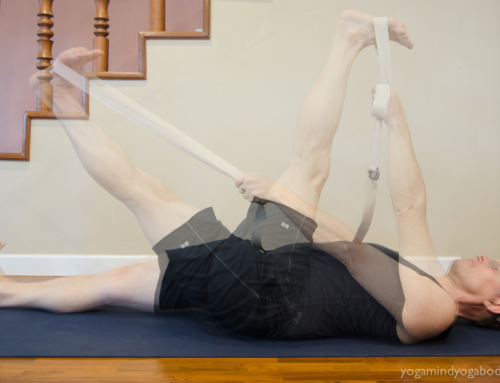
Leave A Comment